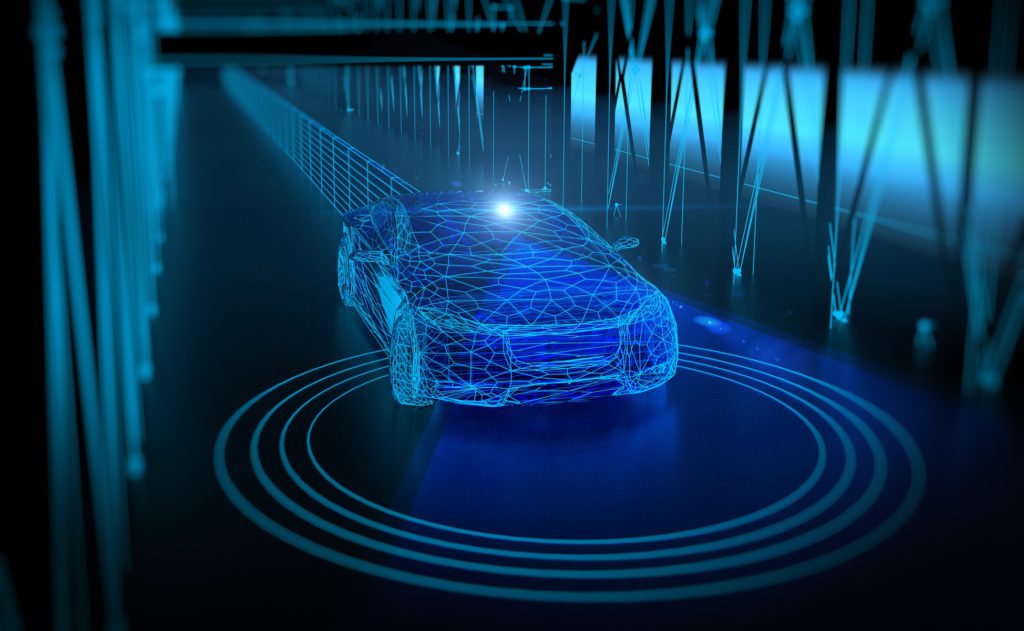Mobileye secures deal to supply eight million vehicles in Europe
31 May 2018

31 May 2018
Israel-based autonomous vehicle technology company Mobileye has signed a contract to supply eight million cars at a European manufacturer with its self-driving systems.
The name of the carmaker, as well as financial details, have not been disclosed, while the size of the order highlights how autonomous technology is being pushed by manufacturers to help generate revenue as they develop fully self-driving vehicles.
The deal is for advanced driving systems and supply will begin in 2021, according to news agency Reuters. This will coincide with the launch of Intel’s EyeQ5 chip, which is designed for fully autonomous driving, and will be an upgrade to the EyeQ4 chip, which is due to launch in the coming weeks.
The future system will be available on a variety of the automaker’s car models that will have partial automation — where the car is automatically driven, but the driver must stay alert — as well as models integrating a more advanced system of conditional automation.
Intel bought Mobileye in March 2017 for €14.4 billion as it pins its future on the growth of self-driving cars. This followed close collaboration between the companies earlier in the year when they announced a partnership with BMW to develop its flagship autonomous iNext from 2021.
′By the end of 2019, we expect over 100,000 Level 3 cars with Mobileye installed,’ Mobileye CEO Amnon Shashua said.
In Level 3, the car is self-driving, but the driver has about 10 seconds to take over if the system is unable to continue.
Mobileye is a leader in collision-avoidance systems, with virtually every major carmaker buying its software for onboard cameras – with the main notable exceptions being Toyota and Daimler. Mobileye’s chips and cameras are installed in 15 million vehicles by 25 car manufacturers, giving it a market share of around 80% of the advanced driver assistance system market.
At the company’s headquarters in Jerusalem, Mobileye is also testing Level 4 technology using the upcoming EyeQ4 chip, with vehicles able to drive on highways in midday traffic with no driver interference.
The company says that while it Level 4 systems will start production in 2021, many of its technologies are relevant to creating systems that may soon be purchased by consumers.
Shashua said that based on commitments from automakers, robotaxis should start hitting roads around 2021. ′When designing our system we are looking at all what can be used today, in a year, in two years and then the robotaxi,’ he said.
The CEO added that test vehicles were made to drive like humans, and in Jerusalem, they were assertive, given the ′driving culture is very assertive.’
′On one hand you want to be safe but on the other hand assertive,’ he said, noting that being too hesitant can cause impatience from other drivers and lead to accidents. ′In the future, the system will observe other drivers on the road and after a certain amount of time adapts to driving conditions … It’s not unlike a human experience.’